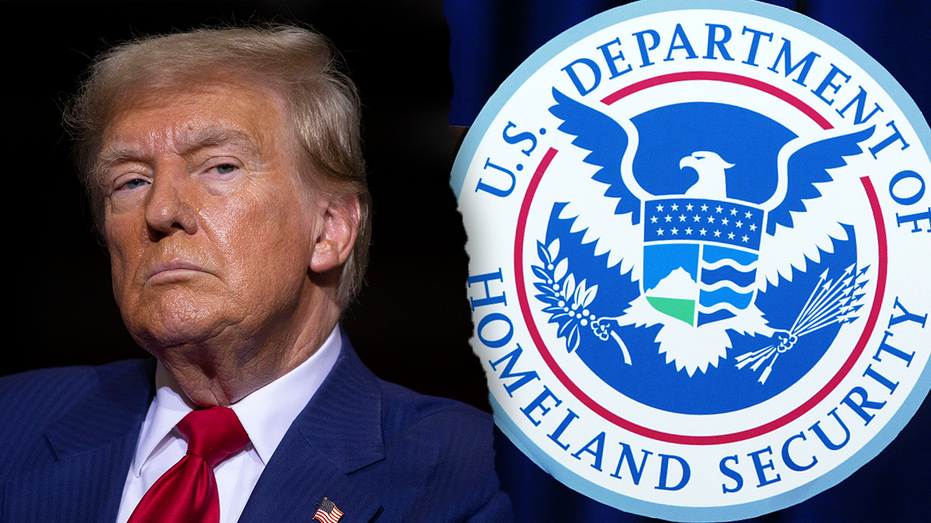Migrant Deported to Third Country Returns to US After Trump Admin Caves to Judge's Ruling
Guatemalan man O.C.G. returned to the U.S. after wrongful deportation to Mexico was overturned by a judge.

A Guatemalan man identified as O.C.G. has become the first documented individual to be returned to the United States after being wrongfully deported by the Trump administration, according to statements from his legal representatives. O.C.G., who was erroneously expelled to Mexico in March, was brought back to U.S. soil this week on a commercial flight. This marks a significant moment in the ongoing legal battles over the administration’s immigration enforcement policies and compliance with court orders.
Earlier this year, U.S. District Judge Brian Murphy found that O.C.G. was deported without due process, in violation of both U.S. and international law. Despite O.C.G.’s claims and fear of persecution — including being held for ransom and raped in Mexico — authorities moved quickly to remove him, failing to grant him the opportunity to contest his deportation or assert his right not to be sent to a place where he might face torture. In his ruling, Judge Murphy sharply criticized the administration, highlighting the "banal horror" of a man being forcibly removed to a country where he had just endured grave harm, and described the expulsion process as lacking "any semblance of due process."
Efforts to facilitate O.C.G.’s return ramped up last week when government attorneys informed Judge Murphy that Immigration and Customs Enforcement (ICE) was actively coordinating logistics for his reentry, ultimately resulting in his arrival on Wednesday. In his written order, Murphy emphasized that returning O.C.G. carried "a vanishingly small cost" and was essential to uphold the values enshrined in American law and international agreements protecting refugees and asylum seekers.
This case comes at a time of mounting friction between federal courts and the Trump administration over immigration enforcement. The administration has relied on longstanding statutes, such as the 1798 Alien Enemies Act, to expedite removals, sending many migrants — including some to El Salvador’s notorious CECOT maximum-security prison — without offering the procedural safeguards ordered by courts. To date, O.C.G.'s return remains the only confirmed instance of the administration actually complying with judicial directives to bring back an individual deported in error, despite several acknowledged administrative mistakes.
The development follows a recent ruling by U.S. District Judge James Boasberg, who ordered the administration to provide all migrants deported under the Alien Enemies Act the chance to seek habeas corpus relief and challenge the grounds for their removal. Judge Boasberg’s decision, which instructs the government to outline within one week how these rights will be facilitated for detainees in El Salvador, is expected to intensify the legal standoff between the judiciary and the White House. President Trump has repeatedly denounced such interventions as "activist" rulings and even called for Judge Boasberg’s impeachment earlier this year, prompting a rare public response from Chief Justice John Roberts defending the independence of the judiciary.
Meanwhile, the Department of Homeland Security has maintained its position that America’s asylum framework should not serve as a "de facto amnesty program." Still, O.C.G.’s case has spotlighted the very real consequences that arise when due process protections are set aside, galvanizing advocates and legal experts who urge strict adherence to both national statutes and international commitments regarding the treatment of vulnerable migrants.




